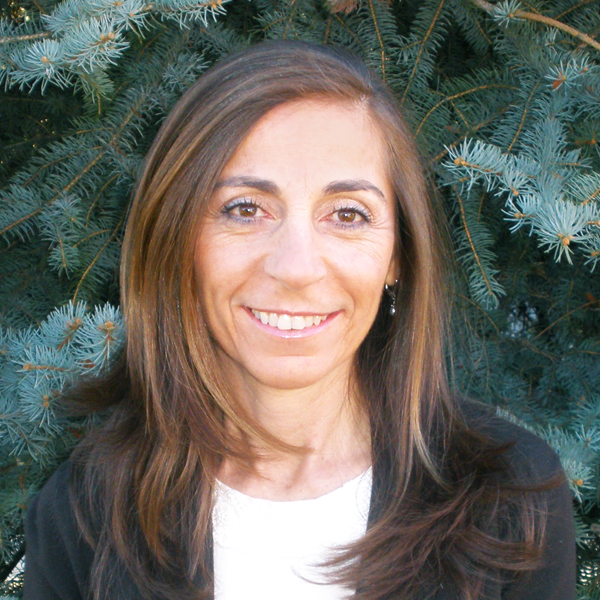by
Shaundra, Texas Mom
I’ll
be honest: Inviting caregivers onto our
prevention team can feel awkward. But sometimes, the awkward conversation is
necessary to protect our kids.
I
enrolled my son in a week-long summer day camp where I wouldn’t meet the
director until 8:00 the morning of camp when I arrived to hand my son over for
a day of sports.
As I
drove my son to the fields, we reviewed his body safety rules and talked through
a couple of “what if” scenarios. But I knew I needed to have a conversation
about body safety with the adult in charge in order to advertise that my son is
“off limits.”
After
checking in and sending my son to warm-up with the other kids, I asked the director
for a minute of his time and decided to be as direct and to the point as I
could.
“I
know you’re busy and this is kind of an awkward question, but I wanted to ask
what steps you take during camp to keep kids safe from sexual abuse?”
The
director looked surprised but was immediately receptive. “Wow. I don’t usually
get asked that question, but it’s so important. ” He went on to share their
policies that ensure children aren’t alone with adults and explained their
bathroom protocol designed to keep kids safe from the hypothetical
stranger-lurking-in-the-bushes near the port-a-potties.
I
pushed back to let him know I was less concerned with strangers and more
concerned about other children or adults involved in the program being alone
with my son, sharing the statistics about how often abuse is committed by those
known to a child. He listened sincerely and then addressed those concerns,
explaining in detail the structure of the day to assure me that the kids and
adults remain together as a large group without opportunity for alone time.
Satisfied
with his answers and knowing I’d communicated that our family is aware and
paying attention, I left much more comfortable than I’d arrived. And in the
end, the conversation was far less awkward anticipated.
About
a year and a half ago, we moved out of state to an area where Parenting Safe
Children is less prevalent, which means I no longer enjoy the benefits of my
previous town’s ever-growing prevention team. I’m having to establish a new
safety net for my kids at every turn, which is why I’m particularly excited
about the new “Conversation-Starter Cards.” Having a tangible tool linked to a
professional organization will lend credibility and authority to the
conversations I initiate with teachers, coaches, and friends, providing a
context for my "awkward" questions.
And
who knows? Maybe one day I’ll be able to arrange for Feather to teach a
workshop here in Texas so we can begin to create another “off limits” community.
 I took my eight-year-old daughter to the doctor because she was having some irritation around her vagina. I talked with her ahead of time and said that the doctor may need to look at her vagina. I repeated, as I have in the past, that it's okay because I'll be with her and it's a doctor whose job is to keep her safe and healthy.
I took my eight-year-old daughter to the doctor because she was having some irritation around her vagina. I talked with her ahead of time and said that the doctor may need to look at her vagina. I repeated, as I have in the past, that it's okay because I'll be with her and it's a doctor whose job is to keep her safe and healthy. 




















